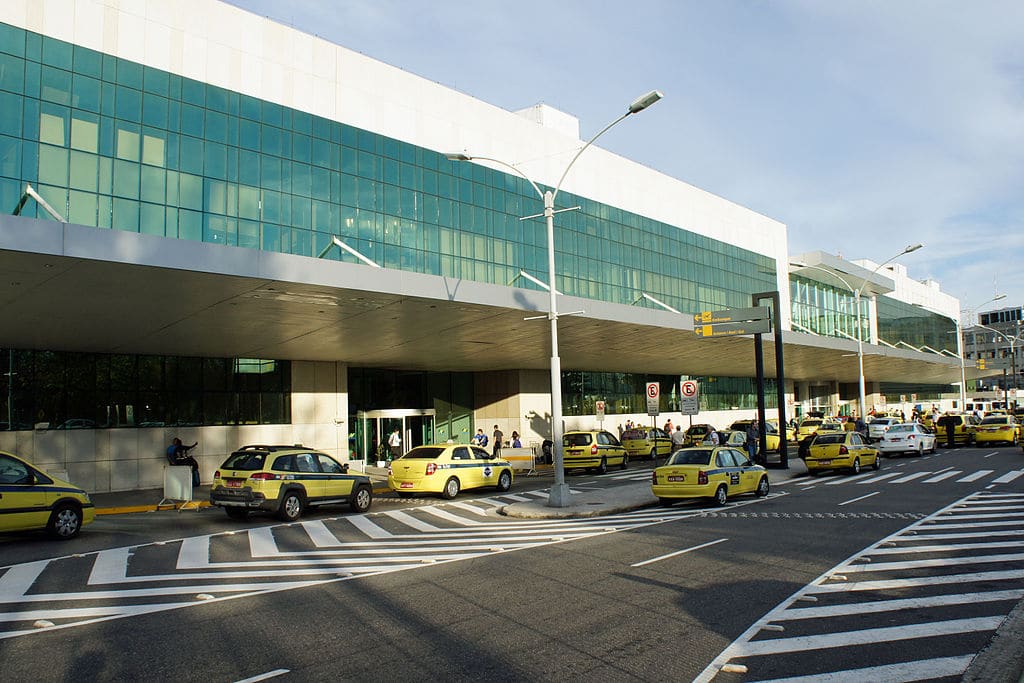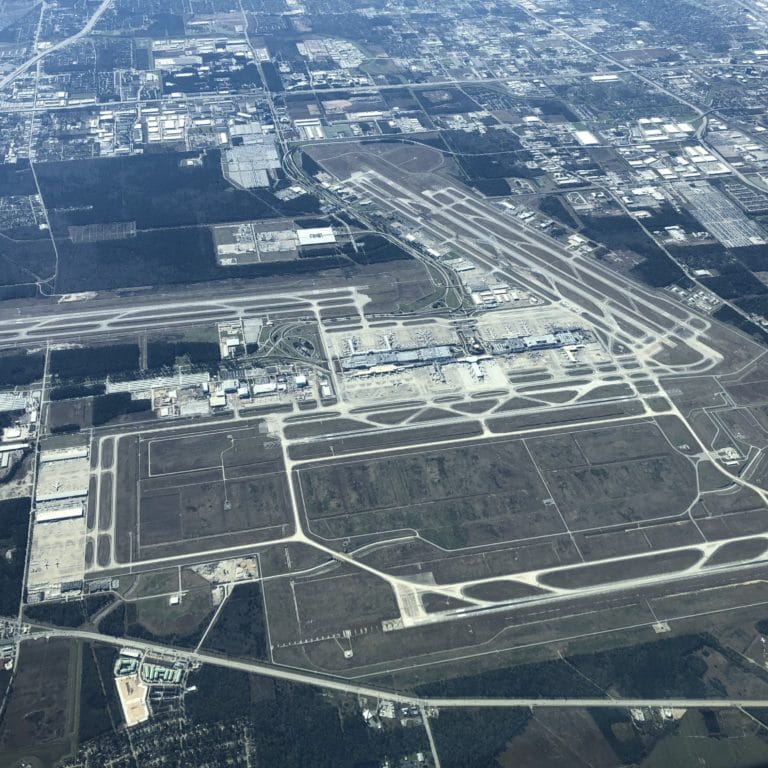Biometric boarding takes a step forward at two Brazil airports


Victoria Rees
Share this content
New digital program means passengers no longer need to show physical identification documents to access the departure lounge and aircraft. Passengers have a photograph taken, which provides biometric validation from government databases.
The air bridge between Congonhas, São Paulo, and Santos Dumont, Rio de Janeiro, airports in Brazil will use face digital biometric boarding for both passengers and crew, reports Intelligent CIO on its website.
The move is the result of a collaboration agreement between Infraero and Serpro, the technology company owned by the Brazilian federal government.
The new digital program means passengers no longer need to show physical identification documents to access the departure lounge and aircraft.
Instead, they can log into the system by having their photo taken by the CPF (Brazilian Individual Taxpayer Registration), which performs biometric validation by comparing the data and the photo taken at the time to government databases.
After registration, travelers’ identities are confirmed via biometric checkpoints with facial recognition cameras at the airport.
“The definitive deployment of biometrics at our airports is something really innovative, a great strategic development for the aviation sector,” comments Marcelo Sampaio, Executive Secretary at the Ministry of Infrastructure.
“It guarantees users more security, speeds up boarding processes and access to aircraft, and reduces costs for companies that will have fewer teams involved in these operations and less time with aircraft on the ground.” The final implementation of the new biometric system is planned for next July.

Brazil is not alone in moving forward with biometric verification of passengers at airports.
In the United States, Houston Airports, which operates George Bush Intercontinental (IAH) and William P. Hobby (HOU) airports, is working with air travel IT specialist Amadeus to introduce biometrics and automation for accessible travel through the terminal via Amadeus Flow.
Passengers who register their biometrics can expect to check-in, check-in bags, enter lounges and board without having to show paper tickets or ID. Registration effectively turns passengers’ faces into their ID and boarding pass.
Powered by Amadeus cloud capabilities, 230 check-in facilities will be connected across both airports, 110 of which will be biometric once installation is complete.
And in Kentucky at Louisville Muhammad Ali International Airport (SDF) it is trialling the new TSA PreCheck registration initiative, which will run May 5 through May 16, 2022.
No appointment is required to attend the event, allowing travelers to sign up for Idemia’s TSA PreCheck program at the airport when they depart on their next trip.
Individuals can register directly at the airport or apply online beforehand and complete their registration at the airport.
Singapore experience
Away from the Americas, Singapore is introducing its second biometric registration and verification system for passengers at Changi Airport.
By enrolling in the new iris and facial biometric verification systems, passengers can use automated check-in and travel without the need for a physical passport.
According to CNA, iris biometrics will be used as the main form of verification for passing through e-kiosks, as well as facial recognition.
Passengers wishing to use the service must register with the Immigration & Checkpoints Authority (ICA). This is done at special kiosks where the secondary biometrics – fingerprints like those stored in a biometric passport – can be used to retrieve a passport when no iris biometric has been captured.
From the second half of the year, foreigners will also be able to register their biometrics on arrival to use automatic release on departure and subsequent visits.
As more immigration processes go digital, CNA also said airport officials are being trained to take on more complex roles and non-routine tasks with more than 5,000 additional officers trained in areas such as profiling and interview skills by the end of next year to identify suspicious travelers.
French manufacturer Idemia’s facial biometrics has been in use at Changi Airport since 2017.
Return to the NEWS index for Security Journal Americas


